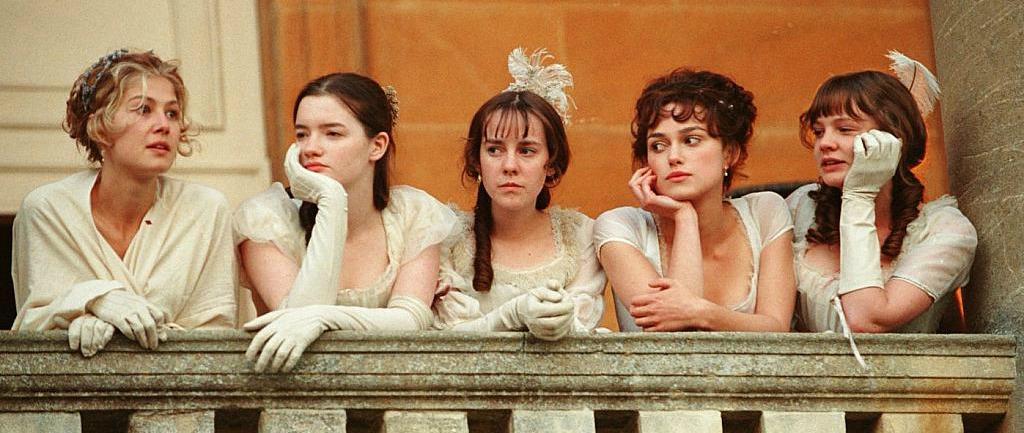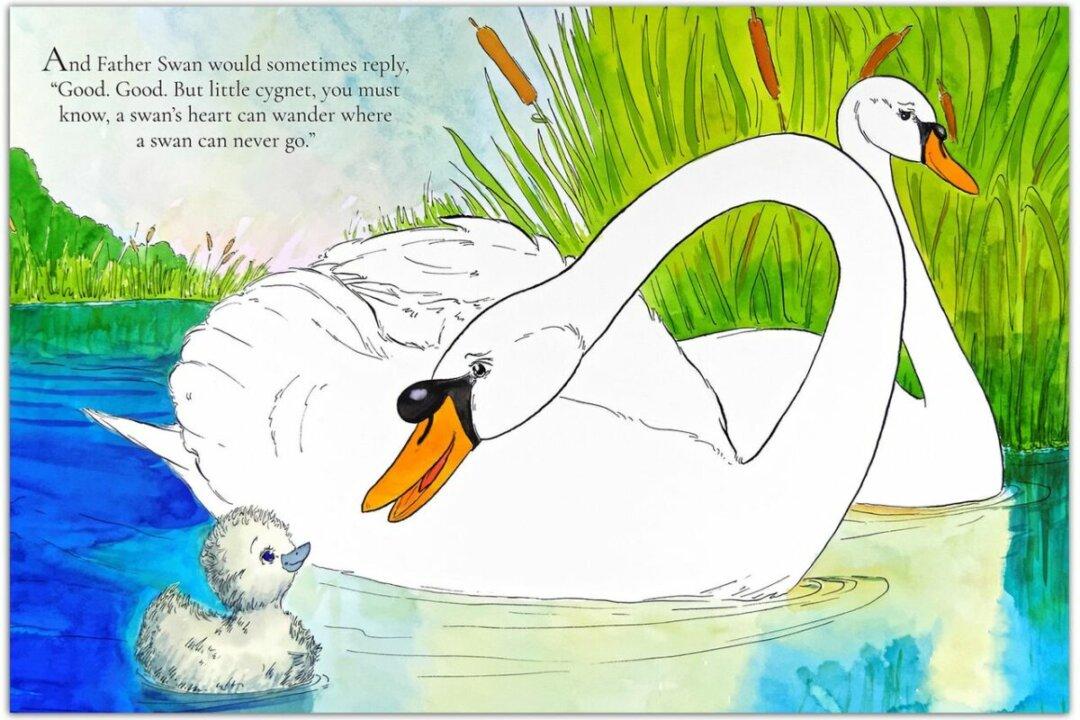Writer Andrew Davies, who has won general acclaim for his television adaptations of historical novels, including most famously Jane Austen’s “Pride and Prejudice,” has complained in a new BBC 4 documentary that “it is now ‘compulsory’ to have a leading lady capable of fending for herself,” and “jokes that he now finds himself ‘pleading’ to write a ’really droopy, soppy girl' just for a change.”
It is incredible that an artist who has produced such excellent, sympathetic work—who has actually read the works he adapts, unlike Sarah Phelps, who adapted Agatha Christie’s “ABC Murders,” replete with ahistorical profanity, for the BBC—should find himself under the cosh of political correctness, with demands that he should fly in the face of the intentions of those who wrote the originals.



